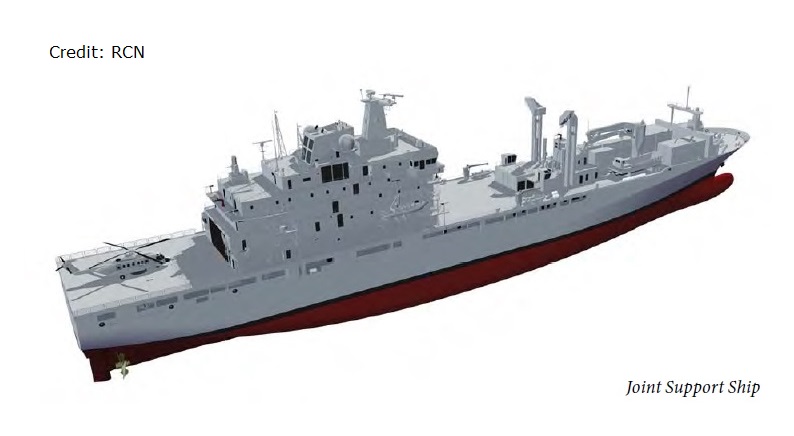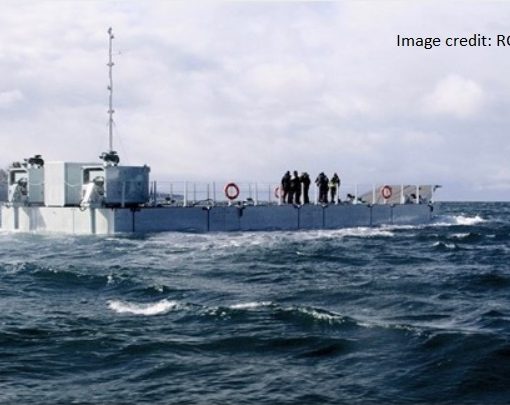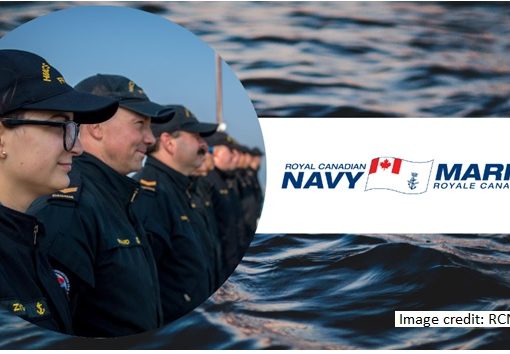I am writing to express my concerns regarding the names announced recently for the RCN’s two future Joint Support Ships, Chateauguay and Queenston.
A recent press release stated: “The names (of these two vessels) recognize the achievements and sacrifices of those early Canadian soldiers who fought and died in these critical battles during the War of 1812.”
I concur with such recognition for army personnel but not by so naming HMC Ships. Recognition of these two War of 1812 battles, [Queenston Heights in 1812 and Chateauguay in 1813] has already been commemorated by the same Battle Honours awarded to various militia units and one regular regiment. Six army regiments recently received CHATEAUGUAY and four received QUEENSTON.
I have been informed that the PMO may have directed the navy’s Ships’ Names Committee - most likely through the office of the current MND’s predecessor - to employ battle names from the War of 1812. If this be so, in my opinion, it is political interference of the worst kind.
This was attempted once before and I was involved. Marcel Masse, then MND, wanted the names of explorers used for the Maritime Coastal Defence Vessels (MCDVs) and he even proposed a dozen or so names. Most of these names, like Cabot and Hudson, I pointed out, were already in use for Naval Reserve Divisions or the Canadian Coast Guard. He next ordered that the names of famous Canadians be used. This was going against naval policy but I produced 14 names, one of them Frontenac, all of which had prior service in the navy. The navy has only had 19 vessels directly named for people and most, like Laurier, were vessels taken over that retained their original name while in naval service. Eventually, a group of officers came up with the 12 Kingston-class names.
I suggest that these two names will not achieve the recognition desired amongst the army or the public and by such action the government dishonours all naval personnel, past and present. These two names have no naval history and no naval Battle Honours.
In fact, the selection of these two names goes against the navy’s naming policy, as laid out in Naval Order 10-2.
Since its inception in 1910, the navy has employed some 900 names, many of which have been accorded naval Battle Honours. Such honours were won by ‘the achievements and sacrifices’ of naval personnel in defence of this country and our allies. Why are they not being recognized?
I will be the first to admit that in 1917/18 the navy named the Battle-class trawlers for selected First World War army battles, e.g. HMCS Vimy. This time frame, however, was before the award of army Battle Honours, well before the formation of the first Ships Names’ Committee and before a naming policy was established.
Five ship names not currently in use, have won five Battle Honours each: Camrose, Lunenburg, Prescott, Port Colborne and Woodstock. Many other names have three: Alberni, Baddeck, Drumheller, Georgian, Grou, Matane, Mimico, Moose Jaw, Parrsboro, Rimouski and Ste. Therese, These 16 names have history and precedence on their side and any two would make fine names for the Joint Support Ships.
Other possible names are noted below, one each from Quebec and Ontario. The numbers in brackets indicate the Battle Honours currently held:
Kitchener (4) and Kenogami (2);
Stormont (4) and Sorel (2).
It appears to me that if the PMO actually did give ‘guidance’ to the Ships’ Names Committee to choose two War of 1812 battle names, then our government has failed to honour current naval policy and precedent. Such an action speaks to a political expediency that I find to be both regrettable and dishonourable, both to the past and present personnel of the Royal Canadian Navy.
I have written to the Minister about my concerns. I hope others who feel the same way will do so as well.
David Freeman is a former advisor to the Ships’ Names Committee and is the author of Canadian Warship Names, (Vanwell Publishing, 2000).





One thought on “Naming the Joint Support Ships”